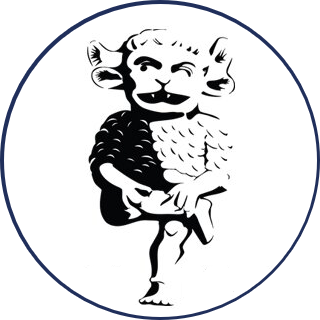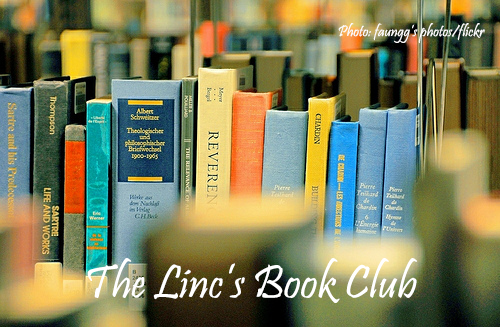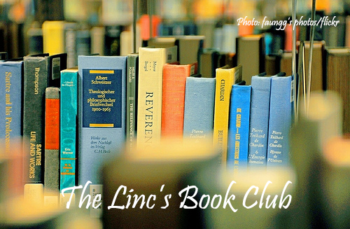
The theme for The Linc’s January book club was Historical Fiction, with everyone free to choose any title within this genre to review.
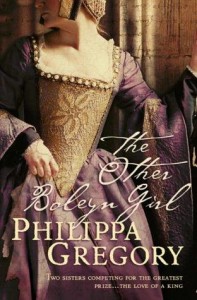
The Other Boleyn Girl – Philippa Gregory (Reviewed by Ellie Lowe)
If you fancy reading a bit of historical fiction, any Philippa Gregory book is a great place to start. She has written two captivating series on the Plantagenet’s and then the Tudor’s, and despite this period being generally one of the more well-known areas of history, Gregory puts her own spin on it and turns the drama of court life into books you can’t put down.
‘The Other Boleyn Girl’ focuses on the period preceding and during Henry VIII’s second marriage to Anne Boleyn, but rather than focusing on Anne herself, Gregory centers the novel on the affairs of her lesser known sister Mary Boleyn and her interaction with the king. The infamous Henry is well known for infidelity, he made his way through 6 wives, countless mistresses, and both Boleyn sisters, and it is this competition for the King’s affections that the narrative centers around. Sibling rivalry reaches thrilling heights as the two compete for Henry’s affections, but who is the real winner? Following a secret romance, Mary finally marries William Stafford, a man in her Uncle’s service and far below her rank. For the sister of the Queen of England, this is a fall from grace of epic consequence, what other motive could there have been but love? Meanwhile, we all know the interest of the most famous Tudor King was fleeting, and Anne’s inevitable demise makes her sisters banishment look kind in comparison.
The Wonder – Emma Donoghue (Reviewed by Lisa Schwarzenauer)
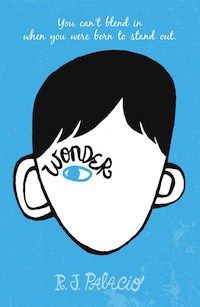
With ‘The Wonder’, the haunting story of a fasting girl in post-famine Ireland, award-winning author Emma Donoghue delivers a novel that gets under your skin: Powerful, intriguing and deeply horrifying.
Donoghue’s ninth novel to date takes us to a bleak, deeply Catholic and at the same time superstitious Ireland, where 11-year-old Anna O’Donnell claims to have survived without food for the past four months. Still very much alive and as healthy as a child in an impoverished country can be, she is declared a wonder.
English nurse Lib Wright arrives to closely watch the child and uncover the truth. Lib, highly sceptical and convinced that it’s all a hoax, wants to expose the child at all costs. As days pass without any trace of secret feeding, Lib desperately wants to find out what lies behind it all—no longer to prove the girl a liar, but to save her life. Because one thing is sure: If Anna doesn’t start eating soon, she’ll die.
Based on several cases of fasting girls in 19th century Ireland and England, The Wonder is chilling, depressing and, at times, outright infuriating—especially when the joke of a doctor opens his mouth to brag on about the secret powers of God. It is obvious that the girl is heading for disaster, but for a long time, everyone—including Lib—seems to be blind to that.
It then turns out that both Lib and Anna have dark and disturbing secrets, and suddenly the story is no longer about a fasting liar but about Lib’s desperate fight to save the child. Within a few pages, ‘The Wonder’ turns from intriguing historical fiction into gripping psychological thriller, and you’ll be desperate to find out the truth, hoping that there really will happen a wonder.
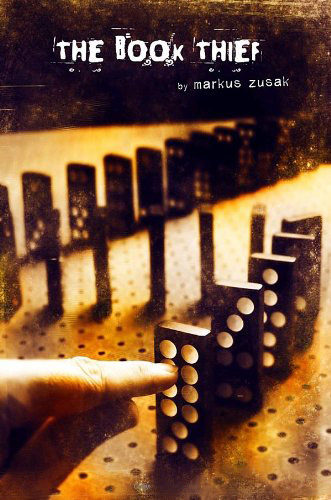
The Book Thief – by Mark Zusak (Reviewed by Abbie Arestis)
‘The Book Thief’ is a thought-provoking international bestseller that, set in Nazi Germany, portrays the hardships leading up to and during the Second World War. The story follows the journey of Liesel Meminger, and her growth from being an illiterate, uneducated young girl, into one empowered by the words that she had learnt to read, using books that she had stolen at a time when such literature was not encouraged, during the control of the Nazis. Following separation from her birth parents, Liesel is faced with having to adjust to her new life with her foster parents whilst also making new friends, including Max Vanderburg, who by being Jewish, creates serious complications. The novel depicts the difficulties not only for those who faced concentration camps and complete discrimination within Nazi Germany, but also places a focus on the lives of Germans who, by little choice, had to at least appear to follow the Nazi ideology, or deal with severe consequences.
The novel highlights how humans can be both kind and cruel, with the omniscient narrator being ‘death’, it clearly depicts the thoughts and feelings of the main characters in all different positions within society, facing different struggles during this pivotal time. Seeing the characters learn to deal with death and the traumas of war, for example, with food shortages and a lack of jobs, hits home the devastating effects of such a well-known period in history.
